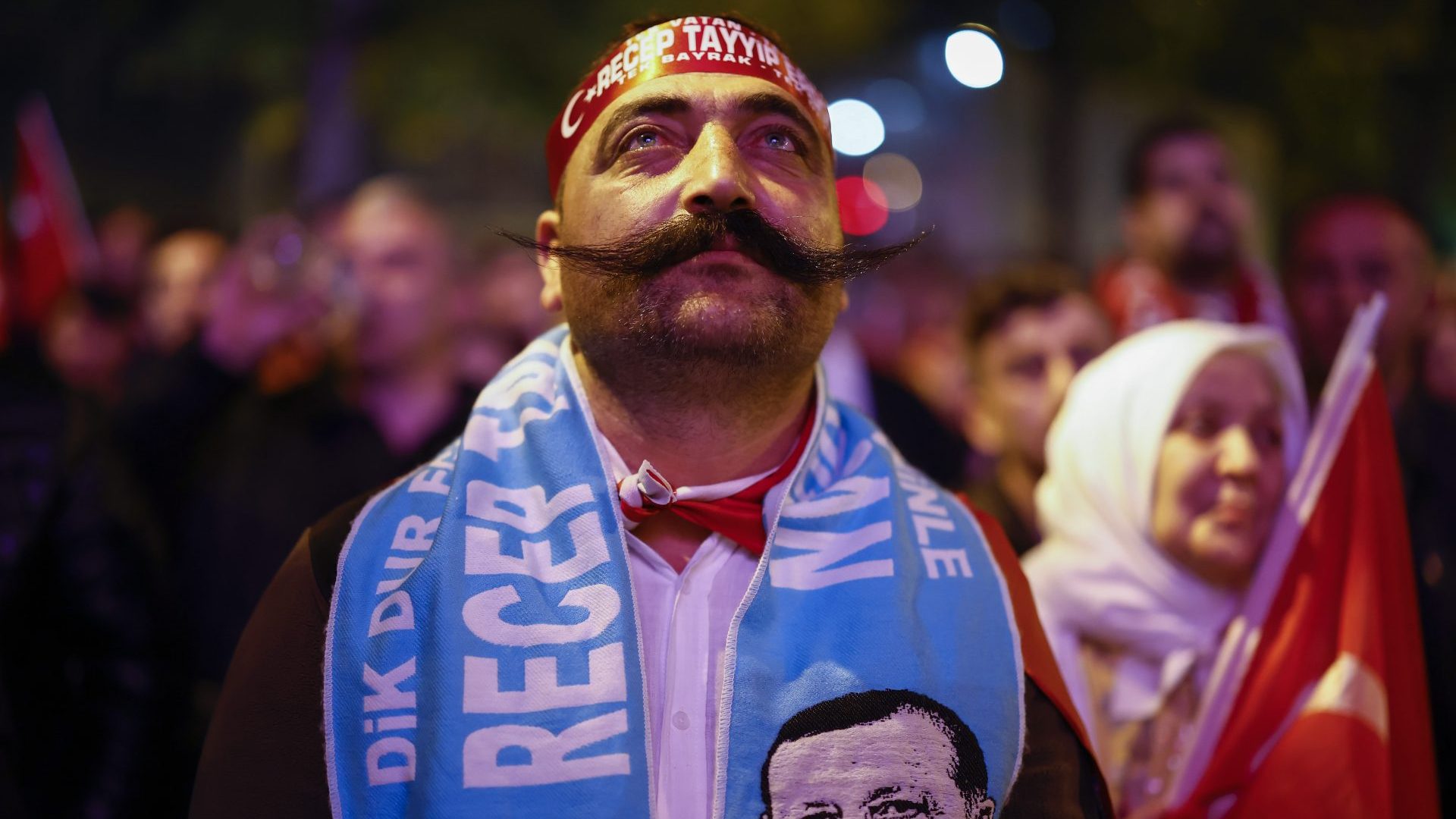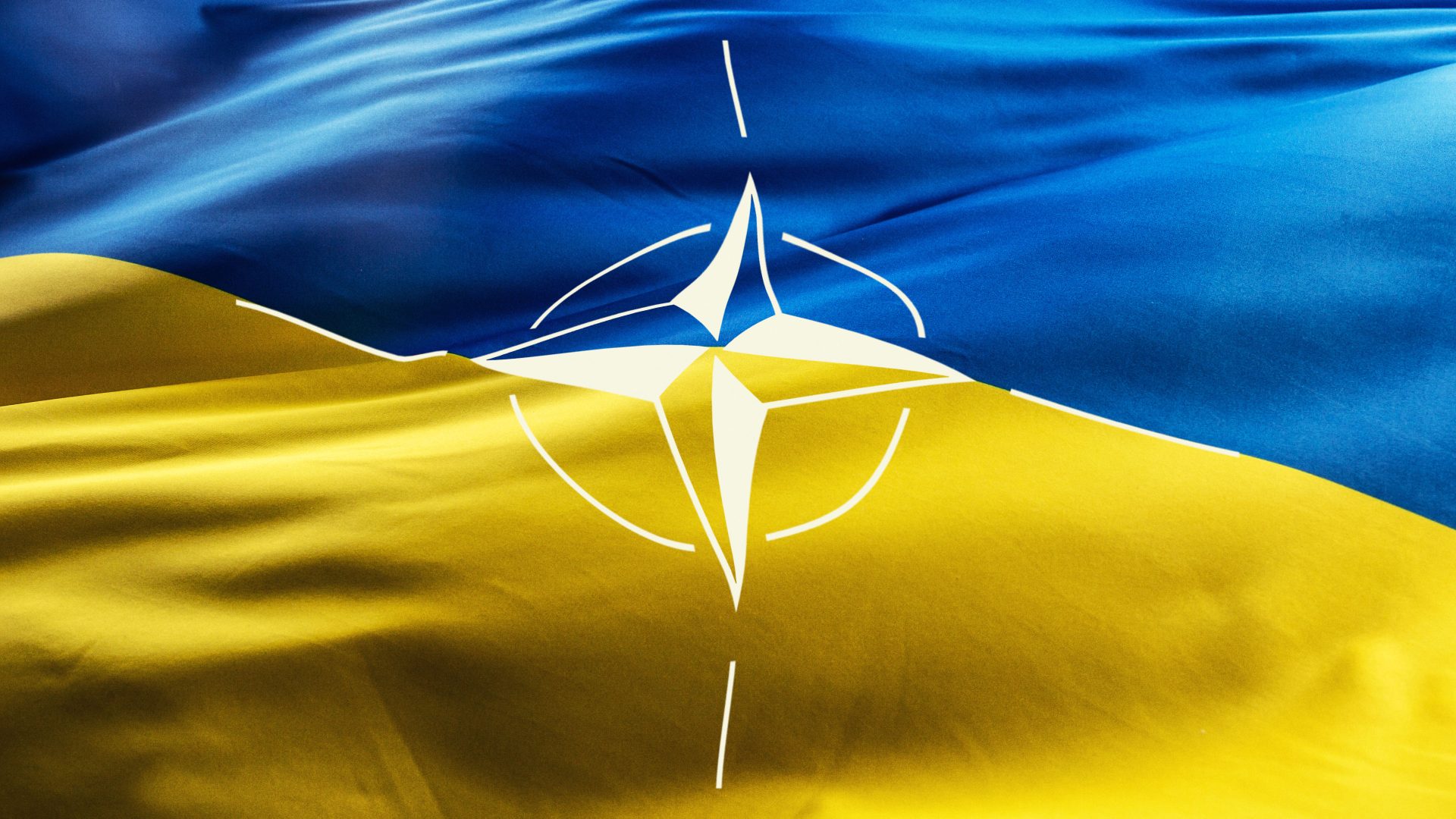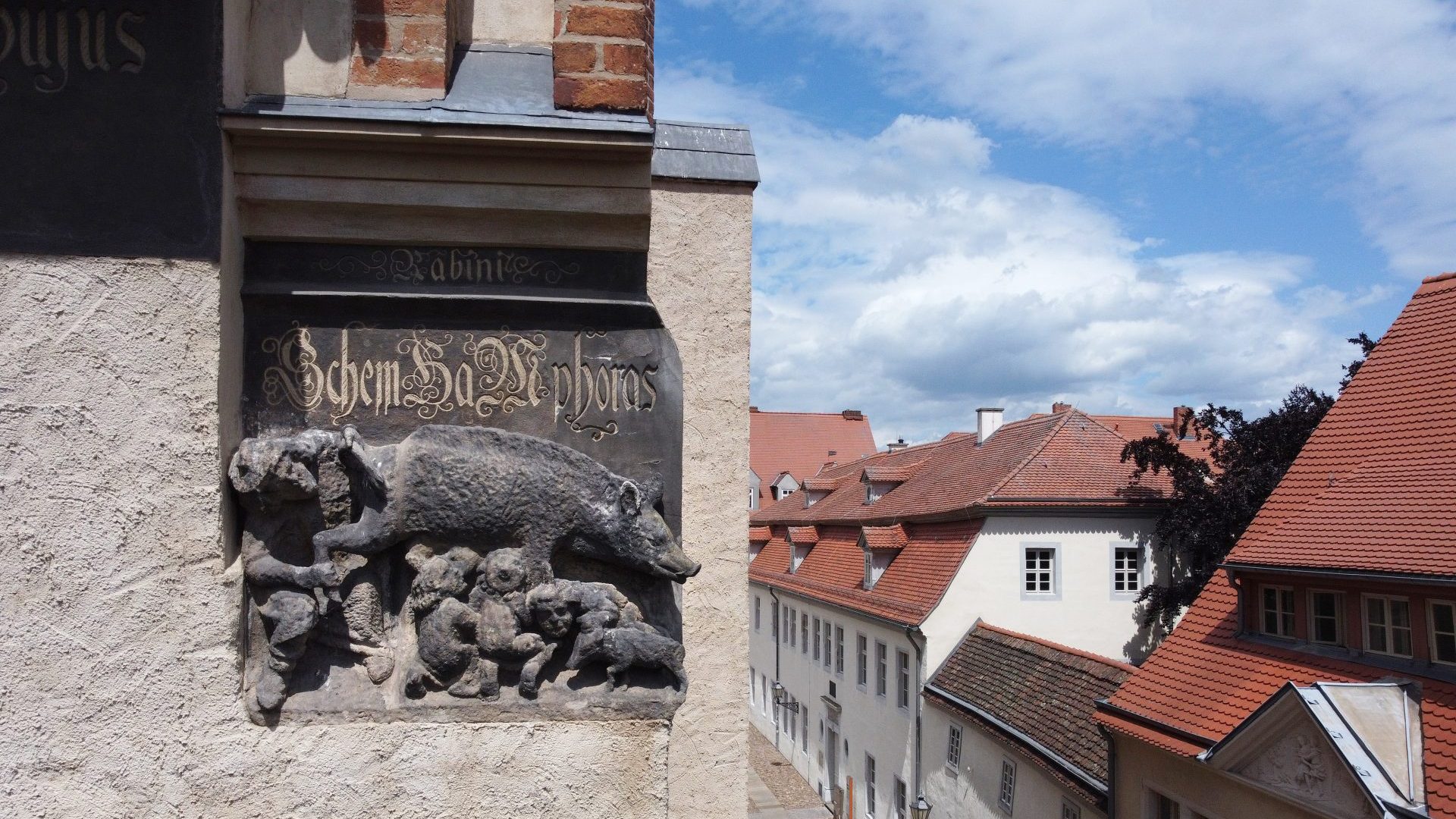The election was over when the president sang. At around 8.30pm on Sunday night, once it was clear that he had won another term, Recep Tayyip Erdoğan climbed on to a platform on top of a campaign bus near his house in Istanbul’s Üsküdar district and broke into a chorus of Duyanlara Duymayanlara (For Those Who Can’t Hear).
The song, by Cengiz Kurtoğlu, has been used by Erdoğan’s AKP party throughout the election cycle. Its lyrics go: “To those who hear and don’t hear, to those who ask and don’t ask, I love him, I love him very much.” When Erdoğan sang that bit, his people echoed it back to him.
The shattered opposition was also singing a familiar song. “The most unfair election in recent years,” its leader Kemal Kılıçdaroğlu has claimed, pointing to disinformation, voting irregularities and a lack of official election observers to counteract fraud. Yet these cannot be the only reasons why the anti-Erdoğan camp fell short; it now has five years to look beyond them.
How much impact, for instance, did Kılıçdaroğlu’s acknowledgement that he belongs to the Alevi community – an Islamic religious and cultural group that has faced decades of persecution – have on the result? Five weeks before the election, Kılıçdaroğlu declared in a social media video that quickly racked up 100 million views: “I am an Alevi… Our identities are the assets that make us who we are”. He was then called courageous, ground-breaking. But my thoughts now turn to a street conversation with a reluctant Erdoğan voter who told me the opposition had blown it. “I would never vote for an Alevi,” they said.
Voting on run-off day began at 8am, but anticipating an initial rush, I headed to the polls at noon. This time, without the metre-long parliamentary election ballots of the first round, which required some origami skills just to get them inside the envelope, the lines moved much faster.
Though hopes of a fresh start for the country had been deflated by Erdoğan’s surprise first-round victory, there was some optimism. When I went back to my vote count at 5pm, Kılıçdaroğlu’s polling was stronger than two weeks earlier.
An hour later, the initial results from the state-run Anadolu news agency began to arrive, and unsurprisingly they looked good for Erdoğan. It has become a standard government tactic for Anadolu to initially declare AKP candidates polling at 60%, before gradually increasing the opposition’s tally over time. They achieve this by announcing results from provinces with higher AKP votes first, while large cities and western provinces are usually saved for last. “Let’s wait for the Izmir results!” became a popular statement by a pro-opposition anchor in a previous election, turning it into an internet meme.
The rival ANKA agency results initially showed Kılıçdaroğlu in a narrow lead, but eventually, Erdoğan crossed 50% with them too. Around 8pm, it became evident that Erdoğan would emerge as the winner, and I started hearing celebratory gunshots in the air.
The opposition stayed quiet until 9.30pm, when Kılıçdaroğlu delivered a disappointing six-minute concession speech. A wave of social media posts from those who opposed his candidacy began, with many variants of “told you so!” Yet people I spoke to expressed no regret at voting for him, just despair that he had failed to win over voters in the ten provinces devastated by earthquakes, or the eight million people who did not vote at all in the first round.
I was one of those who opposed Kılıçdaroğlu’s candidacy at first, when stronger candidates like Ekrem İmamoğlu were available. After Erdoğan’s victory, İmamoğlu released a video stating the need for change and quoted the country’s founder, Mustafa Kemal Atatürk: “There are no hopeless situations, there are only hopeless people.” Perhaps the opposition will one day embody the same hope and passion as their supporters.
Later, TV reported that people had been badly injured when the bullets fired by Erdoğan supporters fell to the ground. It felt like a supreme irony after an election of self-inflicted wounds.



